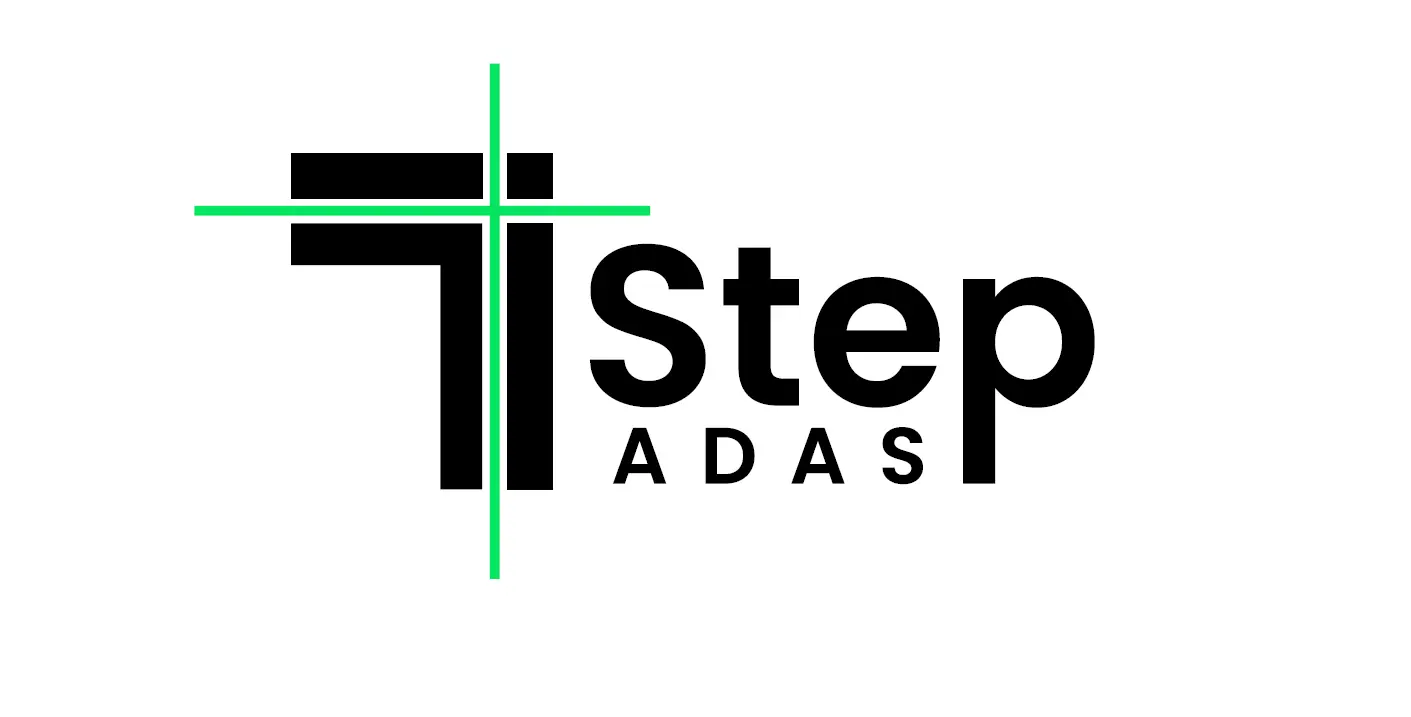Safe driving starts with properly aimed headlights. Joins us as we perform this service on 2018 Toyota Camry.
Intro To Headlight Aiming Adjustment
Today, we’re going to finish up our 2018 Toyota Camry by performing a headlight aiming adjustment. Let’s start by sharing my screen to see what Toyota says about these instructions.
Preparation and Prerequisites
Tools and Setup
First, Toyota has several prerequisites to ensure accurate headlight aiming:
- Check for Damage: Ensure there’s no damage around the headlights.
- Fill the Fuel Tank: Make sure the tank is full.
- Fluid Levels: Confirm that the oil and coolant levels are correct.
- Tire Pressure: Inflate the tires to the appropriate pressure.
- Vehicle Weight: Remove any added weight from the vehicle, including items in the trunk.
Next, make sure the vehicle is as level as possible. Toyota recommends having a person of average weight in the driver’s seat. If that’s not available, we use Miller tools to simulate this weight.

Setting Up
Now, let’s transfer everything into the shop and get started. Just a heads up, we’re a live shop, so there may be some background noise. If you have any questions or comments, feel free to leave them here.
1. Checking Fluid Levels and Tire Pressure
We’ll begin with the basics: checking the coolant and oil levels. This may seem trivial, but it’s important because weight distribution affects headlight aiming. Once the fluids are checked, we’ll move on to checking the tire pressure.
2. Clearing the Vehicle of Extra Weight
Next, we’ll clear the vehicle of any extra weight. We found about 30 lbs worth of items in the trunk, which can significantly affect headlight aiming. Now that the car is empty and balanced, we’re ready to proceed.
3. Aligning the Vehicle
Toyota provides two measurements for headlight aiming: 3 meters and 7.62 meters. Due to space constraints, we use the 3-meter measurement. After drawing the 3,000 mm line, we’ll position the car in neutral so we can adjust it accordingly.
4. Setting Up the Equipment
With the car positioned, we now hook up the battery tender. This step is crucial because adjusting headlights draws a lot of amperage. Bright, fully-powered headlights are necessary for accurate adjustments.
5. Creating the Horizontal Line
Next, we’ll use a 360 laser on a tripod to create our horizontal line. This laser setup simplifies the process, making it easy to align the low beams with the horizontal line. According to Toyota, the top part of the headlight beam should line up with this horizontal line when projected 3,000 mm away.
6. Adjusting the Headlights
After turning the headlights back on, we’ll check the alignment. Both headlights appear a bit low, so we’ll adjust the driver’s side first, then the passenger side. This simple adjustment ensures the customer can see the road clearly and not blind other drivers.
Conclusion
That’s really it, everyone. This process takes longer to explain than to actually do. Ensuring the headlights are correctly aimed is a simple yet important service that makes a big difference in customer satisfaction. Don’t let cars leave your shop without performing these simple checks.
